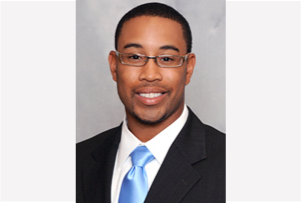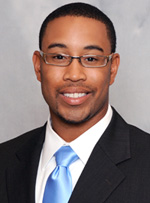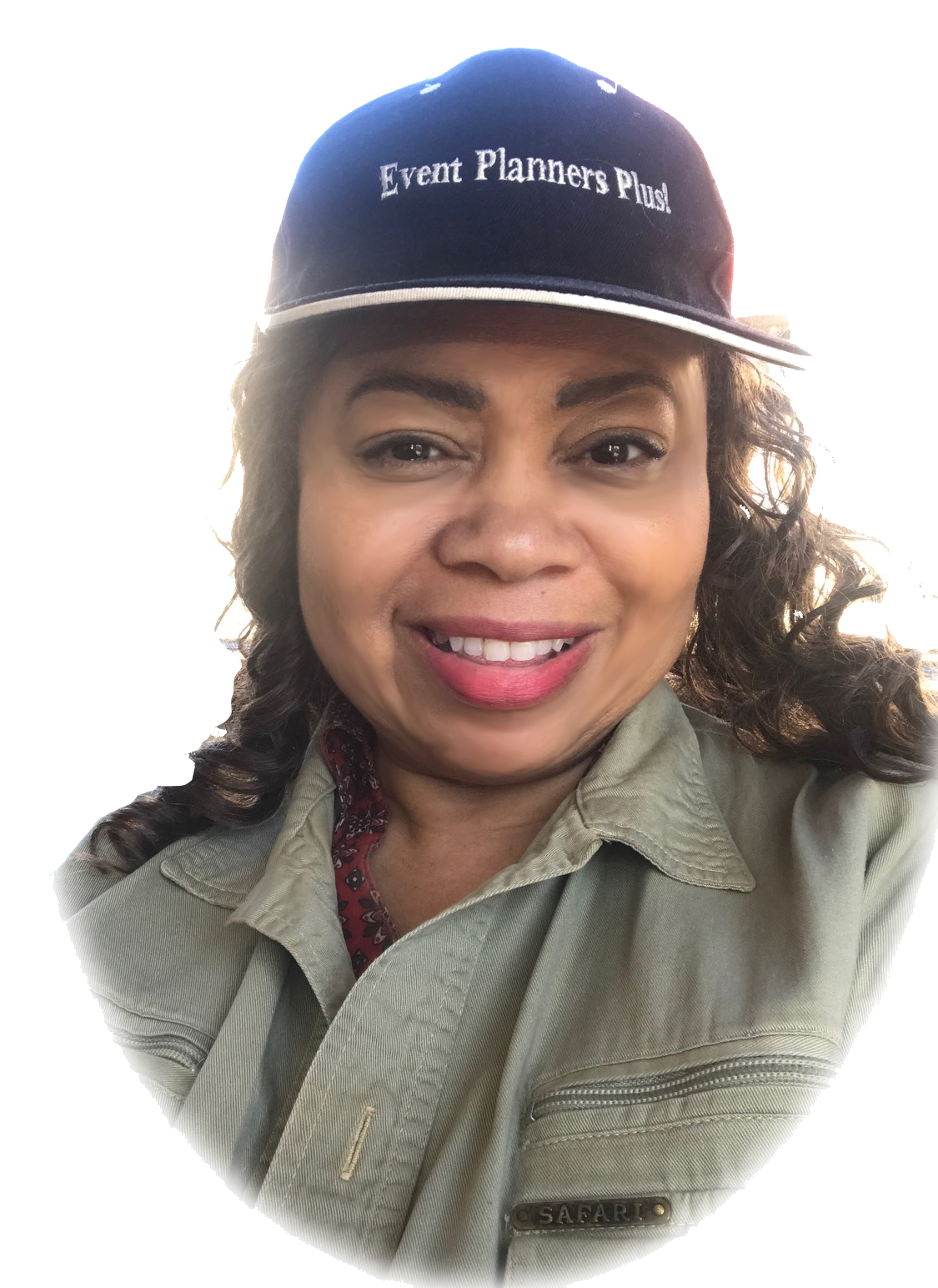 Doug Smith
Doug Smith
Blog: June 2012
“My Letter To The Industry”
The letter below is very special letter to me. I wrote this during a very tough time in my life. When I wrote this piece my mom was losing a year long battle with pancreatic cancer. My mom passed 3 days after the date on the letter … she listened as I read this to her that evening. February 24, 2009 was the day I stopped chasing my dream, it was also the same day
I lost my best friend.
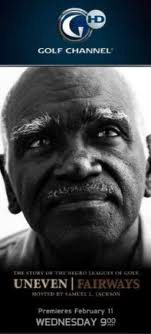 I recently watched Uneven Fairways: A Discussion on The Golf Channel, and my mouth dropped. I was appalled upon hearing answers that were given, by a panel of “experts”, in an attempt to explain why there is not more minority representation in professional golf.
I recently watched Uneven Fairways: A Discussion on The Golf Channel, and my mouth dropped. I was appalled upon hearing answers that were given, by a panel of “experts”, in an attempt to explain why there is not more minority representation in professional golf.
Money and lack of talent development were the two main factors voiced by the panel as the achilles heel of minority involvement in golf. I am writing this letter to briefly give a firsthand account of my experiences trying to make it in to the professional ranks.
I believe I am more than qualified to speak on this subject matter since I am a 25 year old, Florida A&M University graduate and former golf team member. Also having played golf at the University of Louisville, not to mention 2005 Independent Division Medalist at the National Minority Collegiate Championship qualifies me to speak on the subject at hand.
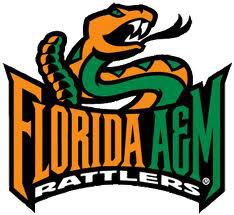 I was not born to a rich family, but my parents would have sold the shirt off their backs to see me succeed in golf – they damn near did, a few times. In my case, financially, I was limited to statewide and area tours as well as coaches. My family couldn’t afford to send me to the Leadbetter Academies, Jim Flick, Jim McClean or to see Dr. Bob Winters unlike my white competitors. I played junior tours from my 6th grade year clear through to my senior year of high school and never had the company of my own race in the field. It bothered me at first, but I got used to being the only Black kid.
I was not born to a rich family, but my parents would have sold the shirt off their backs to see me succeed in golf – they damn near did, a few times. In my case, financially, I was limited to statewide and area tours as well as coaches. My family couldn’t afford to send me to the Leadbetter Academies, Jim Flick, Jim McClean or to see Dr. Bob Winters unlike my white competitors. I played junior tours from my 6th grade year clear through to my senior year of high school and never had the company of my own race in the field. It bothered me at first, but I got used to being the only Black kid.
Local and state wide tours are all fine and dandy, but college coaches want to see how you stack up against players from around the country. I came from a family where both of my parents worked. It would have been a difficult task for them to miss work just to take me to golf tournaments. Now contrast my dual parent household to a single parent household that many minority children face each day. It was tough for me to get to tournaments, it would have been twice as difficult for a single parent to fund a junior golf career.
As a youngster I was unaware of the bigger tours like Ajga, FCWT, orthe IJGT until my senior year in high school. I never knew about tournaments like Junior World or the U.S. Junior Am until I was too old to compete! Had it not been for the National Minority High School Championships, along with the Bill Dickey Invitational and the Toledo Minority Golf Association tournaments my name would have never drifted beyond the borders of Kentucky.
Speaking for me and hundreds of other minority players around the country talent was never the issue, it was a lack of opportunity to display our talents is the reason minority players go unnoticed . I believe there are more families out there that do not know about various avenues that can be taken to get their child nationally known, just like mine.
I graduated high school in 2003 without a golf scholarship or a place to play, but I was fortunate enough earn a scholarship through academics to the University of Louisville. Due to the cold, like in most mid-west states, play is suspended from mid-November to the end of February, if we are lucky. In those months I did not miss a beat. Although I was not playing golf I stayed very active in the sport by mentoring members of the Louisville Urban-League Youth Golf Program during the first semester of my freshmen year.
 Once weather broke I began taking lessons from the Head Golf Professional at The Cardinal Club in Simpsonville, Kentucky. The Pro was surprised to see the talent I displayed without going to the bigger named coaches in the country, which is a testament to the coach I had received lessons from at local practice facility.
Once weather broke I began taking lessons from the Head Golf Professional at The Cardinal Club in Simpsonville, Kentucky. The Pro was surprised to see the talent I displayed without going to the bigger named coaches in the country, which is a testament to the coach I had received lessons from at local practice facility.
Call it good fortune or sheer happenstance the Head golf pro at Cardinal Club was also the assistant golf coach at Louisville and set up a tryout for me with the Head Coach. Cardinal Club was 32 miles from the dorm I lived in. I remember meeting the Head coach and him saying, “So you’re the guy I’m here to see”, half surprised that the buzz was created from a Black kid from Versailles, Kentucky.
As well as the story began all was not well for me at Louisville. The first qualifying rounds I did not play good golf at all. Truthfully, I did not know how to actually play the game. The coach was gracious and patient with me knowing my road to the team vastly varied from the polished players he had recruited. With time and some hands on attention from coaches and fellow teammates, I was competing in qualifiers by the third tournament of the year. During a series of qualifying rounds I actually earned a spot to travel, but I was not afforded the chance.
I was called in to coaches’ office one morning after workouts and was congratulated on my good play, but notified I would not be traveling because he believed I was, “Raw Talent.” He made me aware that may game, though good, was not good enough to travel with the team.
Earning a spot to play after walking-on to a program meant the world to me. I thought I had finally arrived and all the mornings of hitting ball before and after class in high school had paid off. But in the blink of it an eye it was all taken way. Being told you were not going to be able to do the very thing you had worked and strived for devastated me.
In the following semester my effort put into golf dwindled then almost stopped. I had no incentive to continue to work as hard as I had, because there was going to be no pay off for it. Noticing my flat-lining efforts the coach told me that my performance in amateur tournaments during the upcoming summer would be the deciding factor to determine if I would have a position on the team for the 2005-06 season.
I learned how to play golf at the University of Louisville. I learned how to play the “game”. I learned the elements of course management, and how to pick a course apart. I learn how to manage my emotions as well as develop my shot shaping abilities. I am thankful for the time I spent in Louisville and the lessons learned while there, but I believed I was better than raw talent. So I decided to transfer and play golf where I felt I would be appreciated, so I went to Florida A&M University.
As I listened to the show, I heard Pete McDaniel talk about creating academies to teach youth how to play the game, sign them up to play in bigger tournaments in an attempt to increase minority participation in Division I athletics. All players that were not as developed should attend HBCU’s (Historically Black Colleges and Universities). I had the opportunity to do both, being on both sides of the fence HBCU’s lack vital things necessary for players to be successful:
1. Structured Programs
2. Adequate practice facilities
3. Booster funding
4. Manufacturer recognition
We can send players to our HBCU’s, but if the programs in place are not structured to help advance the player what good is it going to? It is not uncommon for coaches at HBCU’s not play college golf; in actuality few of them have formal training in golf. Not taking anything from the coaches as a people or their efforts exerted, but how is a coach with no firsthand playing experience going to help guys get to the tour?
Now, there are schools that have coaches with playing experience like Edward Waters College, but all HBCU’s cannot be coached by legends like Calvin Peete. Often time’s golf coaches at HBCU’s merely schedule tournaments, buy clothes, and drive to the tournaments, that coincide with the other roles they play for the university. Without basics things like scheduled practices and structured and team workouts, how are historically black colleges and universities programs going to produce tour caliber players?
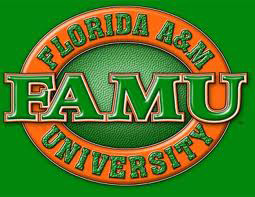 I enjoyed my time at FAMU. I was able to do some great things because of FAMU that I will be eternally grateful for, but I believe the great players ascend upward from the programs from which they come. The schools that have structured programs and money, that is funneled in through booster donations, create tour players.
I enjoyed my time at FAMU. I was able to do some great things because of FAMU that I will be eternally grateful for, but I believe the great players ascend upward from the programs from which they come. The schools that have structured programs and money, that is funneled in through booster donations, create tour players.
There is no lack of skilled black players, I am one of them, but trying to make a jump from the college to the professional ranks is hard. If I were asked the question how to increase minority involvement in the professional ranks, I would stop giving so much attention and funding to programs like that First Tee (which are great, I love the First Tee and all that they stand for) and put some money in the pockets of the players that have proven themselves to be worthy adversaries from the HBCU’s.
On the show the panel discussed this notion of “Black Wealth” amongst the endowed members of the black community making the case that blacks need to ban together and back players with potential. If this were the case money should pooled together and put behind players like Doug Smith, James Petty, Willie Mack, Carl Corbin, Joshua Wooding, and the list goes on and on. Where are the pioneers?
How are they helping people like Bill Dickey and Ernie Ellison help the progress of black golf? There is a sea of black players out here that are good enough to play professionally other than Kevin Hall, Stephen Reed, and Tim O’Neal, but they are not getting a chance to display their talents.
 People wonder where the influx of Black players is since Tiger Woods burst on the scene 11 years ago. I’ll tell you where they are: working 9-to-5 jobs trying to earn enough money to fund their own careers, but by the time life gets through with them they’re just left wondering what if….
People wonder where the influx of Black players is since Tiger Woods burst on the scene 11 years ago. I’ll tell you where they are: working 9-to-5 jobs trying to earn enough money to fund their own careers, but by the time life gets through with them they’re just left wondering what if….
Still trying to make it,
Doug Smith.
Doug Smith is an Account Executive in the College division of IMG Worldwide. Doug played his college golf at the University of Louisville and Florida A&M University. If you would like to reach Doug email him at doug.smith1015@gmail.com
Follow him on Twitter @DouglasFresh8.

